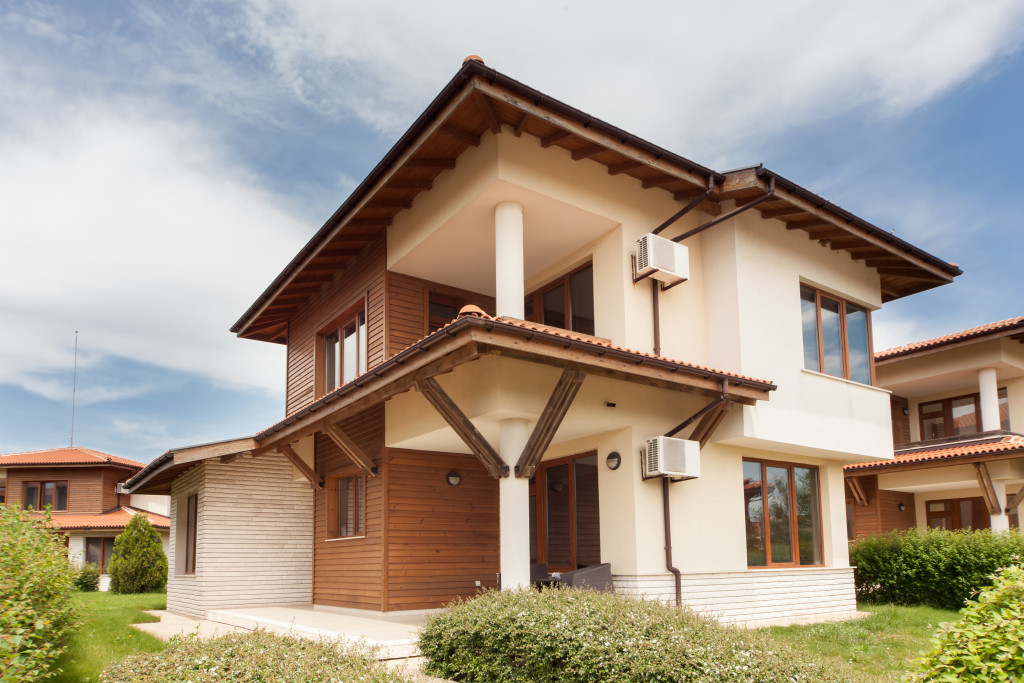Home fires accounted for 27% of all recorded incidents from 2014 to 2018, with nearly 77% of total deaths. With fires registered almost every day, the safety of your family should be your number one concern. The common question, though, is how you can secure your property and safeguard your family against fire accidents?
Fortunately, there are simple preventive ways and precautions to help you out. Learn about some of them below.
Use Wires as Intended
Make sure you don’t use damaged or exposed cables. Additionally, avoid placing anything, such as furniture, directly on top of wires. This applies to everything. For instance, plugging your gadget into a socket or cable that exceeds the capacity of the chord, outlet, or circuit breaker will only increase your risk of fire accident.
Wires that aren’t labeled should not be used while it’s damp. This means utilizing extension cables not designed to be on your porch or garage exterior, where rain or moisture might occur should be avoided. Make sure to check for damaged wiring regularly and consider upgrading electrical panels.
Check on Your Houseplants
The sight of lush foliage and lovely flora in your house could add a breathtaking aesthetic to your interior design. However, some plants only increase the risk of fire in your home. Ensure that it’s not covered with dry or dead plants since they represent the most risk.
Regularly prune dry high-flammable shrubberies such as rosemary and eucalyptus. If possible, avoid them entirely and go for less-risky, fire-resistant vegetation. You may even employ a professional security agency to aid with the work.
In addition to eliminating dry vegetation, trim trees nearby. Fire is particularly prone to pine needles and dry leaves. Contrary to popular belief, they should not be used as mulch. A similar situation exists with tree bark.
Ensure that Your Gutters Are Free of Debris
When the wind blows through your gutters, it can collect weeds and other debris. During the dry season, waste is especially prone to catching fire. Draw a ten-meter perimeter around your property and remove all flammable objects.
Whereas twigs, leaves, and other waste may quickly gather in the deck and gutter, the risk is considerably reduced by frequent removal of the trash.
Protect the Windows as Much as Possible
Consider installing double pane windows while building or upgrading your home, primarily if you reside in wildfire-prone areas. When exposed to high temperatures, windows crack and break. As a result, your home is at risk of catching fire.
Double-paned windows can increase the security of your home.

Make Use of Chemicals that Are Fire-retardant
Spray your home’s most fire-prone areas with environmentally safe fire retardants. These compounds either decelerate fire spread or build a fire-home barrier. Fire retardants are an excellent first line of defense in the event of a catastrophe.
Ensure that you make the necessary modifications while renovating or repairing your house. Exterior wall materials such as steel frames, aluminum, and concrete are excellent choices. The ideal materials for covering are stones and concrete rather than wood. Additionally, you’ll want to utilize flame-retardant paints.
Stock on Fire Extinguishers
A fire extinguisher is a thin line that separates a small fire and a major disaster. It is a piece of valuable equipment for defending your home in the event of a fire. There are numerous kinds for you to invest in.
It also helps to familiarize yourself with how to use and when to change it. Check that it has an ABC rating and strategically place it to rooms where a fire will most likely happen, such as the kitchen, garage where your combustible materials are, and the basement or attic. Ensure that it is secured and easy to reach.
Plant Fire-resistant Trees
Another excellent approach to make your home safe is with fire-proof plants. These trees act as a physical, thermal barrier and green shield against the heat blast preventing flames from reaching your home. The quantity of moisture in the plant’s leaf tissue is sufficient to prevent the fire from spreading.
Avoid extremely inflammable barks and plants like pine, cedar, and tall herbs. Go for hardwood, maple, and cherry trees instead, as they are more resistant.
Accidents involving fires can result in the damage of property as well as untimely death. Some fire incidences arise because of minor errors. Ensure that lights are kept away from children and that power and gas mains are turned off. More importantly, by implementing simple domestic safety precautions like fireproof materials and removing dry plants from your home, you can help prevent these occurrences.







